Review for Bob Marley: Freedom Road
This year saw the release of a much lauded documentary about Bob Marley, simply entitled ‘Marley’. This ain’t it. Which makes me feel slightly uncomfortable - as this otherwise very slight release is surely just a ploy to cash in on the back of it? Right? Sadly yes. Right.
‘Freedom Road’ is OK as far it goes. It’s a scant 55 minutes, clearly created on a shoe-string budget for TV. It’s something you might be happy catching on the Discovery Channel (it’s just not up to BBC 4 standards I’m afraid) but is not something you’ll want to spend your hard earned cash on. Because in that context, it will almost certainly disappoint.
It’s a pretty standard documentary, filled out with some perfectly relevant and acceptable interviews by a few people ‘close’ to Bob (does Kris Needs count? He was a journalist for NME who interviewed Marley several times). Like so many documentaries of this type, it quickly descends into a kind of fan-fest, with precious little footage of the man himself.
So you get the readers-digest version of the Marley story – a very poor upbringing in Jamaica, often separated from his parents, who showed early musical promise and, over more years than you might imagine, who became an international phenomenon, bridging the gap between Reggae and rock and, arguably, making Reggae more palatable to the masses.
Which is fine. But if you’re a fan of Marley, you’ll know that already.
I’m a huge fan of Marley and reggae music more generally, coming from that aging generation who were turned on to rock-steady era reggae by The Clash and The Ruts. But there was little new here. (What about some fresh insight into how Marley nicked the theme from ‘The Banana Splits’ for ‘Buffalo Soldier’ for example? That’s the stuff we want to know!)
Being less than an hour long, it’s not long between hearing about Marley’s childhood and his untimely death from cancer in the early eighties, arguably at the very height of his popularity.
Worthy of note perhaps are the illuminating interview segments with Esther Anderson, a former partner of Marley’s and an Island Records employee, who clearly saw Marley as a raw talent – a genius in some respects – with an incredible world view and attitude to life that permeated his art. Marley, it seems, was the real deal.
Picture quality is variable throughout (to be expected) and there is heavy use of archive photography too. But many of the images used are familiar already.
So in some respects, perhaps the DVD functions best as an introduction to Marley rather than something fans will want to buy. With so little actual footage of the man himself, this functions merely as a bio of sorts, and a fairly scant one at that.
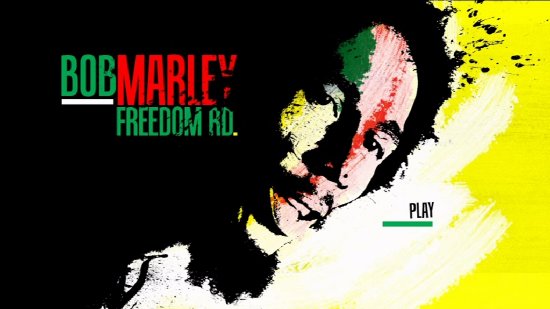
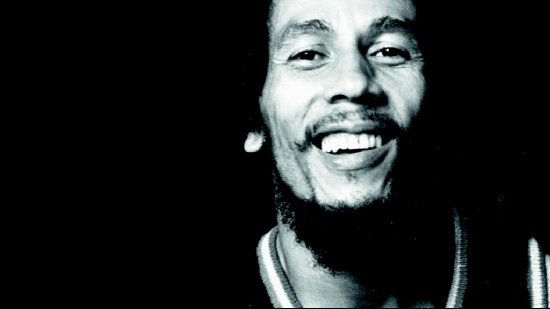
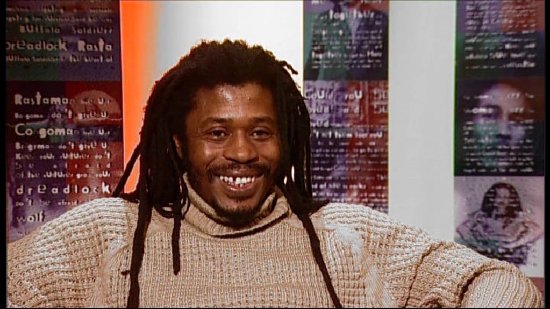
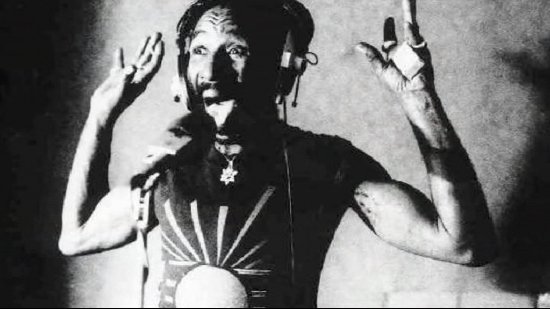
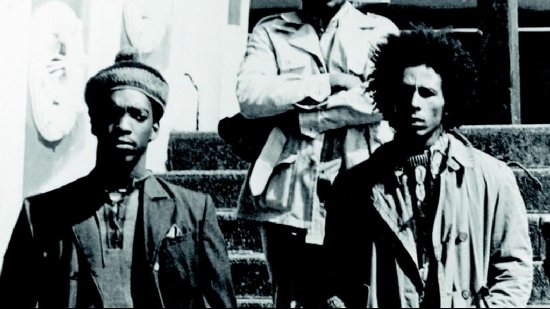


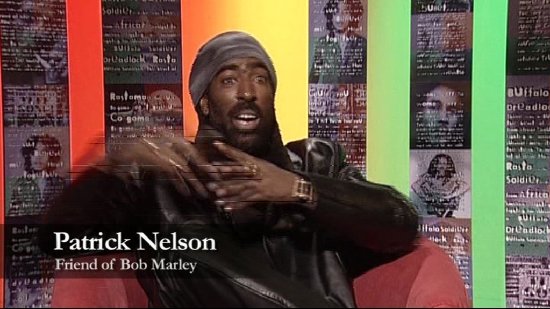
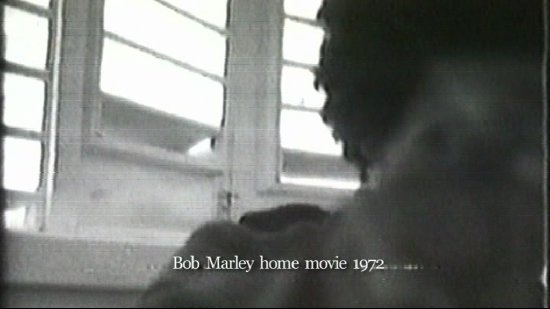
Your Opinions and Comments
Be the first to post a comment!